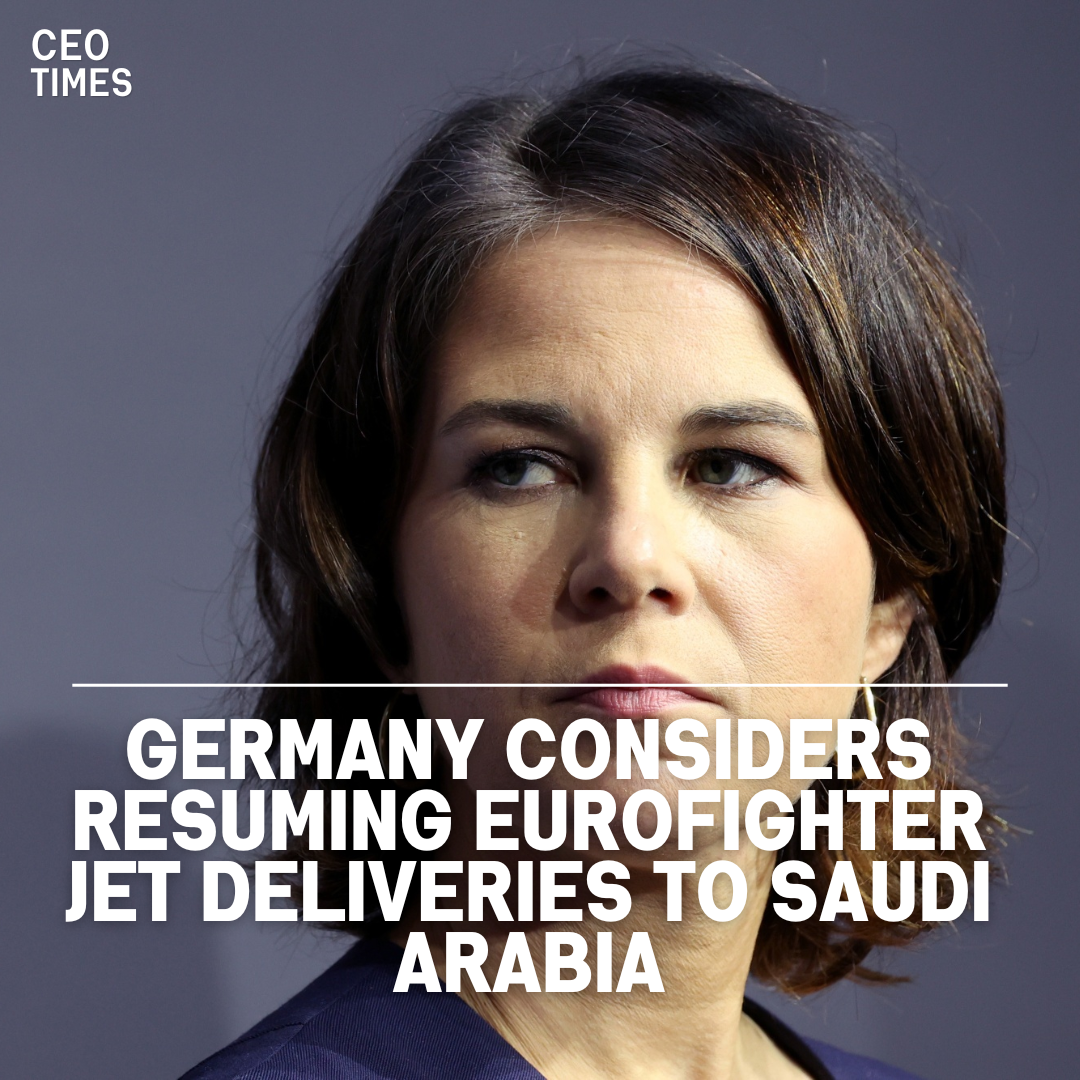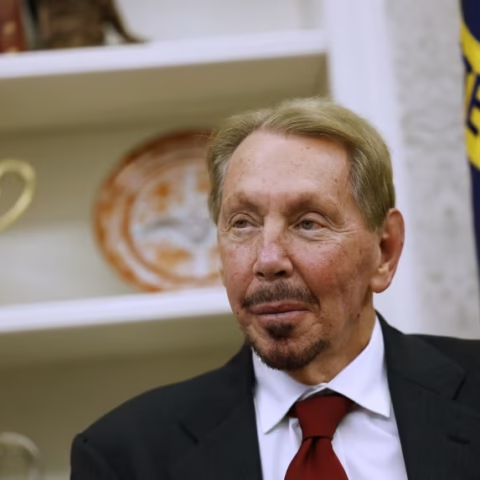On Sunday, German Foreign Minister Annalena Baerbock revealed that Germany is contemplating allowing further deliveries of Eurofighter jets to Saudi Arabia.
This statement marks a potential shift in Berlin’s stance on arms sales to the kingdom, which had been halted following the 2018 killing of Saudi journalist Jamal Khashoggi inside the Saudi consulate in Istanbul.
Background and Previous Position:
Chancellor Olaf Scholz had previously resisted pressure to resume the delivery of Eurofighters to Saudi Arabia, adhering to concerns raised by his coalition partner, the Greens.
The Greens, citing human rights violations and Saudi Arabia’s involvement in the Yemen conflict, had vehemently opposed any move to unblock arms sales.
Change in Policy Perspective:
Despite past objections from the Greens, Baerbock, a Green politician herself, indicated a potential shift in the government’s position. She expressed that the German government does not seem to oppose British considerations for additional Eurofighters destined for Saudi Arabia.
Context and Regional Dynamics:
Baerbock pointed out that global circumstances, particularly in the Middle East, have transformed significantly since a particular date—Oct. 7—a reference to the attack by Palestinian militant group Hamas on Israel.
This implication suggests a reassessment of the geopolitical situation in the region, potentially influencing Germany’s approach to arms sales.
The Eurofighter Project and Multinational Collaboration:
The Eurofighter project involves collaboration among Britain, Germany, Italy, and Spain, marking it as a joint multinational effort.
Baerbock’s remarks indicate a nuanced shift in Germany’s foreign policy, suggesting a reconsideration of arms sales regulations concerning Saudi Arabia amid evolving regional dynamics.
This potential change reflects the complexities of balancing human rights concerns, regional stability, and international alliances in arms trade and diplomacy.




















